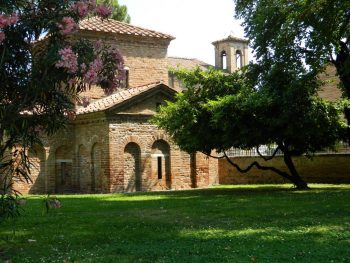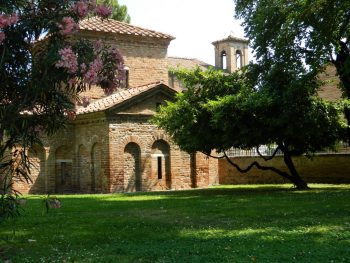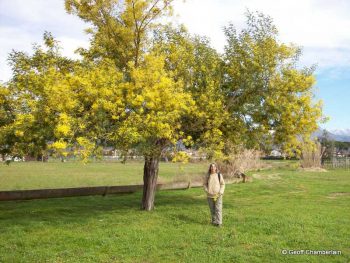Archive for February, 2019
My Colombina Posted by Serena on Feb 28, 2019

Today is the beginning of the last week of Carnevale (Carnival), which is known as settimana grassa (literally: fat week). This reminds me of my first encounter with traditional Italian Carnival characters. At that time I was attending la seconda elementare (the second year of primary school) at the Italian school in Benghazi (Libya), where…
Italian Temporal Expressions Exercise – Solutions Posted by Serena on Feb 22, 2019

Here are the solutions to the grammar exercise which we published earlier this week. Serena: “I met Carla and Massimo at the market this morning. They came back from a holiday in Puglia the day before yesterday.” Geoff: “Why don’t we invite them over for dinner next week end? We haven’t seen them for a…
Italian Temporal Expressions Exercise Posted by Serena on Feb 19, 2019

Here’s an exercise based on our recent articles about temporal expressions. Fill in the gaps in the Italian paragraphs below using expressions from those two articles. You you can find them here: Italian Temporal Expressions – Part 1 Italian Temporal Expressions – Part 2 N.B. in some cases you will have more than one option…
Un Castello Fantasma – English Translation Posted by Geoff on Feb 15, 2019

Here’s our English translation of this week’s article Un Castello Fantasma. N.B. this is not a literal word by word translation, or a grammatical analysis, but una traduzione libera (a free translation). If you need any clarification please leave a comment. C’è un castello fantastico, un castello che è rimasto come un fantasma nei cassetti…
Un Castello Fantasma Posted by Serena on Feb 12, 2019

C’è un castello fantastico, un castello che è rimasto come un fantasma nei cassetti della mia memoria. “Esiste davvero, o l’ho sognato? Dove si trova?” mi sono chiesta tante volte. Mi sembrava di ricordare che si trovasse da qualche parte vicino a Firenze, ma non ero sicura dove. Poi un giorno notai un articolo su…
Italian Temporal Expressions – Part 2 Posted by Geoff on Feb 7, 2019

In part 1 we covered basic temporal vocabulary such as ieri, oggi and domani, quest’altra settimana, l’anno scorso and so on. Today we’re going to expand that vocabulary. We’ll use the same format as before, moving from past to present and future. The contextual examples will be similar to those used in part 1, but…


